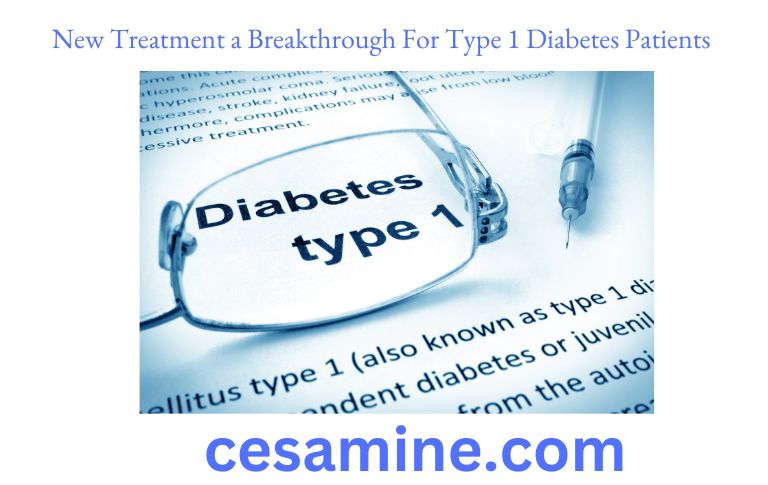Diabetes is a chronic condition that necessitates intensive medical care as well as patient self-management to avoid complications.
According to the 2021 Missouri Diabetes Report to the General Assembly, almost 11% of Missourians have diabetes.
Compared to Type 2, Type 1 diabetes is less frequent. According to the CDC, Type 1 diabetes affects 5%–10% of people with diabetes.
Patients with Type 1 diabetes face challenges with their treatments. The sole option at this time is immunosuppressive medication, which is damaging to the body rather than beneficial.
In May 2022, it was revealed that Haval Shirwan and Esma Yolcu, professors of child health, molecular microbiology, and immunology, respectively, at the MU School of Medicine, had collaborated with Georgia Tech and Harvard to create a novel diabetic medication.

The study team as a whole has received funding from a number of organisations, including the Juvenile Diabetes Research Foundation.
Shirwan and Yolcu stated they are inspired that their discovery would bring about outstanding change among patients with Type 1 diabetes despite the fact that they have spent more than 20 years researching in the hopes of creating a more efficient and immune-protective treatment option.
The procedure involves transferring insulin-producing pancreatic islets, also referred to as pancreatic cells, from a donor. The process by which this happens is known as apoptosis, and it takes place when the protein eliminates the “rogue” immune cells that are preventing diabetes from developing.
- According to Yolcu, this approach allowed for the creation of a unique type of FasL and its presentation on transplanted pancreatic islets cells or microgels to prevent rejection by rogue cells.
- Rogue cells travel to the graft after an insulin-producing pancreatic islet cell transplant but are killed off by FasL.
- The benefit of this innovative technique and the chance for patients with the condition to forego taking immunosuppressive medications were highlighted in an interview with Shirwan and Yolcu.
- The main issue with immunosuppressive medications, according to Shirwan, is that side effects can occur. “Our research teaches the immune system to accept the islets rather than reject them.”
- The condition known as diabetes affects how well the body uses or produces insulin. This organic hormone controls how the body utilises blood sugar.
Because there is insufficient insulin produced, people with Type 1 diabetes are unable to control their blood sugar levels. Life-threatening problems can result from the loss of control.
To get ready for FDA trials, Shirwan and Yolcu have kept working on their two preclinical stages.
There are two different sorts of reviews: priority and standard, which are based on FDA review regulations. An assessment of a typical review submitted by a business or researcher(s) takes around 10 months. A priority review should be finished in less than six months.
According to the FDA, a development is only eligible for a priority review if it “focuses attention and resources on evaluating medications that would significantly improve the treatment, diagnosis, or prevention of critical illnesses.”
The first half of 2024 has been set aside for a Phase 1 clinical trial to evaluate the effectiveness of our method for treating Type 1 diabetes patients, according to Shirwan.
For those with this ailment who live in Missouri, this is encouraging news. With an average of 10.9% of the population having diabetes as of 2020, Missouri is ranked No. 25 by the CDC for having the highest prevalence.
The discovery made by Shirwan and Yolcu may also be used to treat other ailments by using other combinations.
Parents got in touch with the researchers to share their experiences once their study and findings were published.
One Australian father reportedly told Yolcu that he would be willing to forgo his money in order to help his child obtain any sort of treatment other than expensive, long-term immunosuppressive medications.
In order to give children and others who are suffering another therapeutic option, experts believe it is their duty and job to accelerate new discoveries. Additionally, they stated that their goal is to make this as affordable and accessible as feasible if it passes clinical testing and FDA approval.